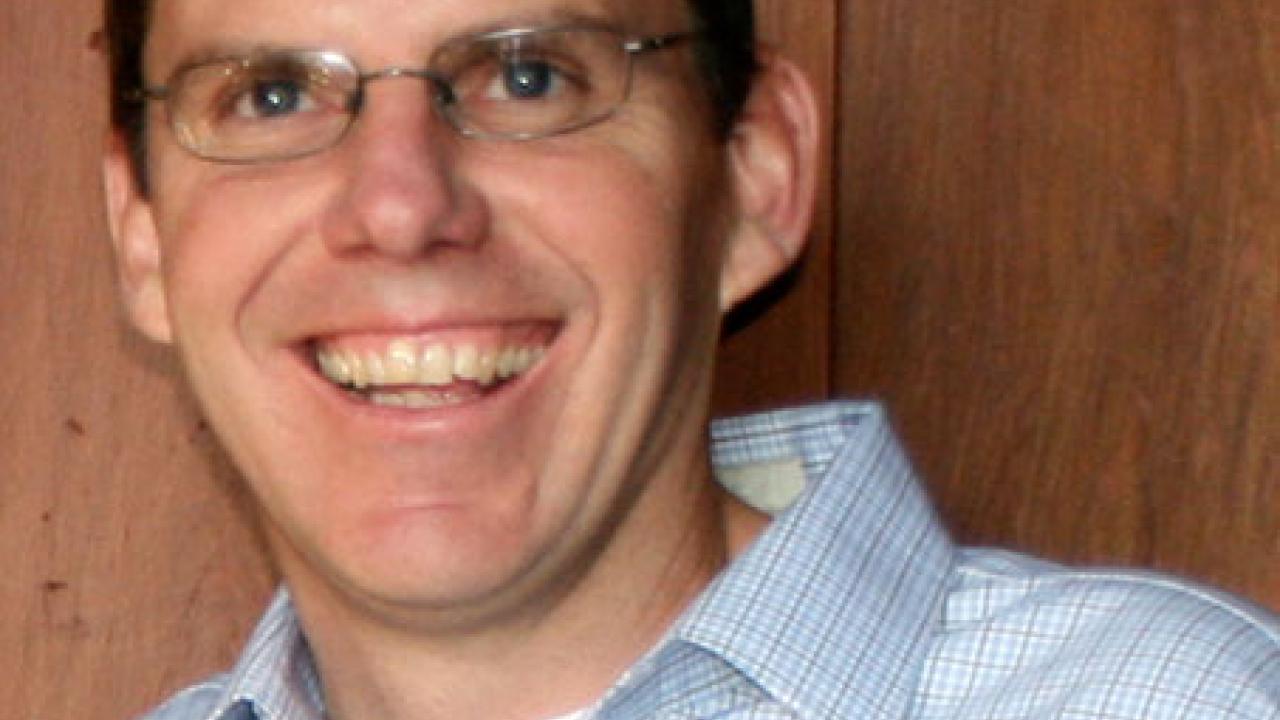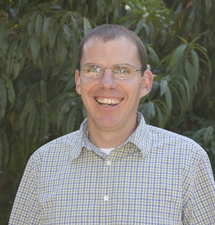
Spotlight On: James Sanchirico
James N. Sanchirico is currently a Professor in the Department of Environmental Science and Policy. His main research interests include the economic analysis of policy design, implementation, and evaluation for marine and terrestrial species conservation, and the development of economic-ecological models for forecasting the effects of resource management policies.
How did you first get involved with the Resources for the Future organization in Washington DC?
 When I was an undergraduate I was interested in Environmental and Natural Resource Economics. While doing my honor’s thesis, I stumbled across writings from various researchers at Resources for the Future (RFF) in Washington DC, and they really made an impression on me. Resources for the Future is an independent, non-partisan think tank that was created during the Truman administration. My first job out of graduate school was at RFF where I developed a research program in marine resource economics. I was known as the fish guy. What attracted me to RFF was its balance of academic rigor and engagement in the policy process. I am currently a University Fellow at RFF and still collaborate with many of my old colleagues.
When I was an undergraduate I was interested in Environmental and Natural Resource Economics. While doing my honor’s thesis, I stumbled across writings from various researchers at Resources for the Future (RFF) in Washington DC, and they really made an impression on me. Resources for the Future is an independent, non-partisan think tank that was created during the Truman administration. My first job out of graduate school was at RFF where I developed a research program in marine resource economics. I was known as the fish guy. What attracted me to RFF was its balance of academic rigor and engagement in the policy process. I am currently a University Fellow at RFF and still collaborate with many of my old colleagues.
Why did you attend the University of London when you were an undergraduate?
I did a quarter of study abroad at the University of London because there was a pioneering professor in environmental and natural resource economics, David Pearce, whose research was intriguing and inspiring.
What drew you back to Davis after you received your Ph.D.?
I was drawn back to Davis because I was beginning to feel in Washington that I could only do so much with the current set of policy-makers and I felt like I needed a new challenge professionally. Returning to UC Davis, where I did my Ph.D., gave me an opportunity to address both issues. That is, I realized working with the talented undergraduate and graduate students at UC Davis would provide a wonderful opportunity to engage with the next generation of leaders. Also, the high quality of my colleagues at UC Davis would present me with new opportunities.
Many people are concerned with the current rates of exploitation in the oceans; what does your research have to say about developing potential solutions for these issues?
My research comes at this problem from many different angles in an attempt to address the many facets of the issue. For example, I investigate how demand for certified sustainable seafood in many developed countries, like the US and Europe, creates voluntary incentives for fishermen in small rural fishing communities to change their fishing practices. For example, I have ongoing projects in the Philippines and in Indonesia. Related work looks at how to develop management institutions in these communities to ensure that changes to sustainable practices are durable and benefit both the marine ecology and their economic conditions. Another strand of my research sets out to measure the impact of the current suite of policies being used to manage commercial fisheries; this research mostly focuses on fisheries in the United States with projects in the Gulf of Mexico and in the North Pacific.
What has been the most rewarding experience since you returned to UC Davis?
There have been so many rewarding experiences since I came back. A couple of things that stand out are when undergraduates email me out of the blue and say that my classes have really helped them in their careers or when my graduate students receive honors for their dissertation research.
